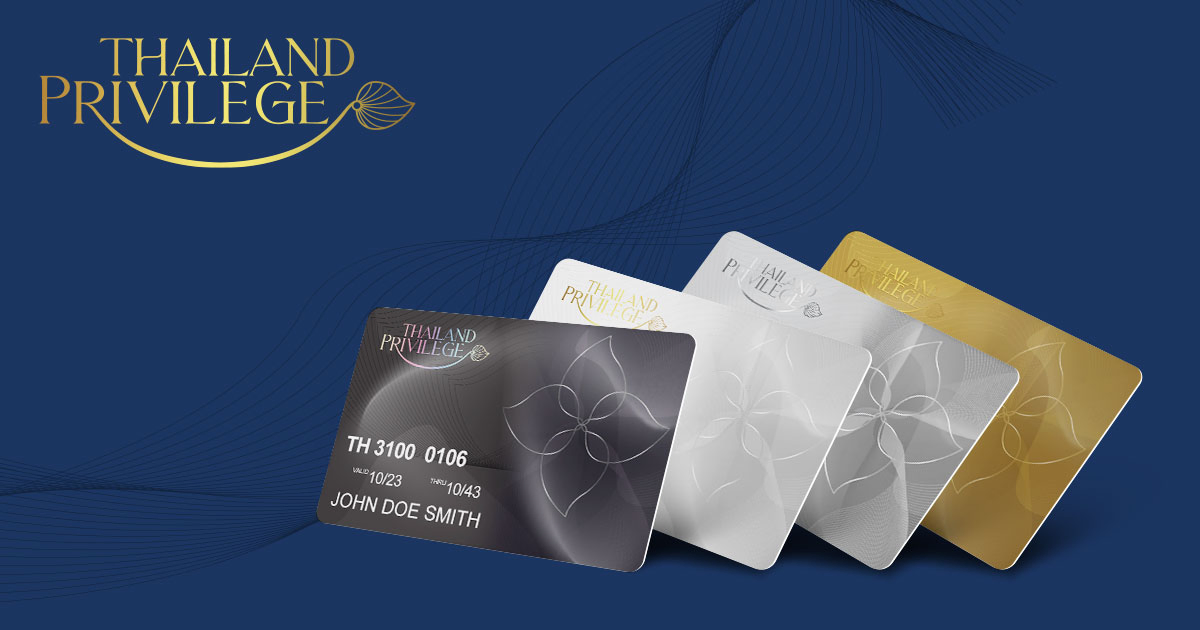Whether you are buying or selling property in Thailand, you need to transfer your Title Deed to the Land Office. There are a few things to remember when doing so. You should first know your Nor Sor 3 number, and you should also be aware of the various documents that you need to prepare and present.
Nor Sor 3
In Thailand, transferring a title deed is a legal procedure and should not be attempted on a speculative basis. A title deed is a document issued by the Land Department stating ownership rights and indicating if there are any encumbrances on the land. The Land Department archives deeds with relevant mortgage and transaction records. These documents also serve as legal proof of ownership.
If you wish to change your Nor Sor 3 Gor title from a Chanote, you will need to apply for a change from the Land Department. If your request is accepted and there are no objections, the department will grant you the change. It is important to note that your name will be on the title and that you have the legal right to use it as the owner. However, you should be aware that land in a Chanote has not been measured by the Land Department, which can lead to disputes between neighbors.
In Thailand, a Nor Sor Sam (N.S.3) deed is required. Although it signifies ownership rights, it does not grant actual possession of the land. This means that you must confirm the land boundaries with the adjoining plots. If the land is not surveyed, it can be contested by one of the landowners, so it’s important to verify the boundaries properly. However, there are no restrictions on how to use your land after you’ve received a Nor Sor Sam deed, and it can be sold with a 30-day notice period.
Chanote Title
A Chanote title deed is a formal document that grants a person full ownership of a land plot. It is one of the most secure forms of deeds in Thailand. It is extremely difficult to forge and acts as proof of ownership. The deed also allows you to register encumbrances and leases against the land. The deed can be obtained from the Phuket Provisional Land Office. It also maps the boundary lines of the land plot.
Before transferring the Chanote title deed at the Land Office, you must first make sure you are legally entitled to the land. Having this document is a necessity for buying land in Thailand. It shows that you are the owner of the land and that you have the legal right to cultivate it. In addition, it gives you the right to sell, lease, or take a loan against the land.
Documents Required
Among the documents required for transferring title deeds at Thailand’s Land Office are two kinds of certificates. The first type is NS-3K, or Certificate of Use, which proves the full ownership rights of the land. It can be used to sell or transfer land. It also acts as collateral for loans. Both types of certificates were introduced after 1972 when officials began using unrectified aerial photographs to determine land boundaries.
The second type of document is the Nor Sor 4 (NS-4), or freehold title deed. This document grants the rights of the owner to sell, transfer, mortgage, and encumbrance the land. It is issued in duplicate and has a detailed description of the property. It also includes a history of all relevant transactions. However, it can only be transferred to a new owner if the land is owned by the current owner.
If you are a foreigner and do not have the time to go to the Land Department yourself, you can appoint a Power of Attorney to act on your behalf when transferring the title deed. This Power of Attorney must be notarized in your country of residence. If you live outside Thailand, you may need to have it notarized at the Thai Embassy. Otherwise, you can use a video-call conference to do the transfer.








0 thoughts on “Transferring Title Deed in Thailand”